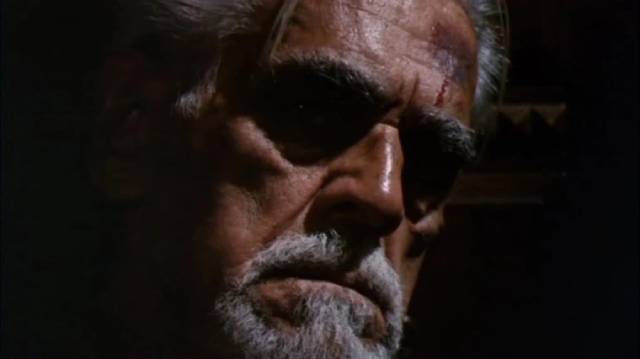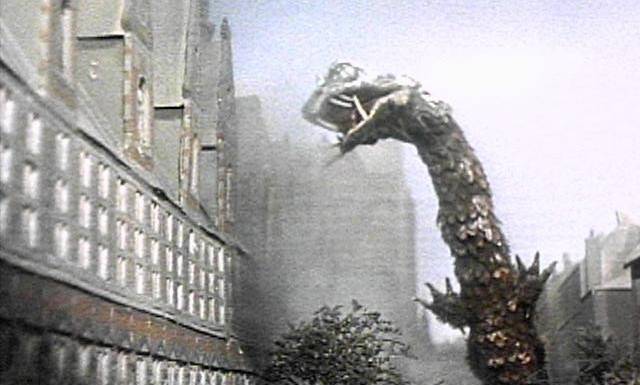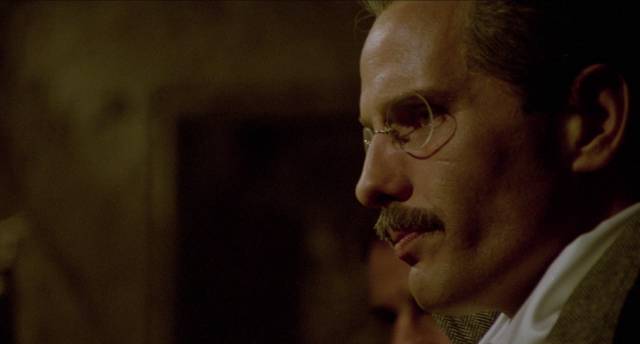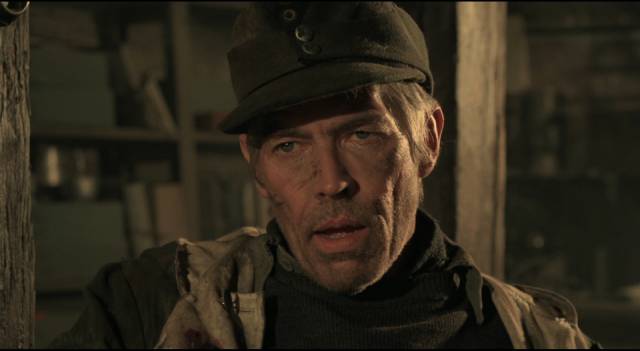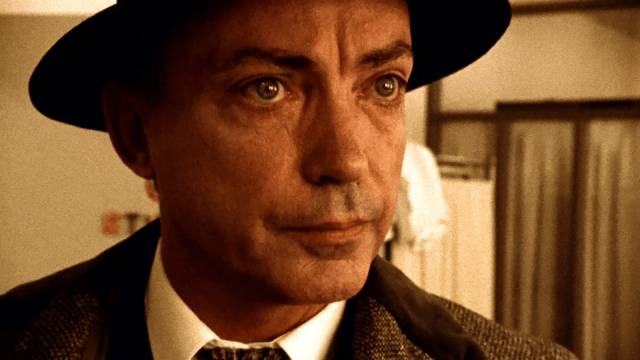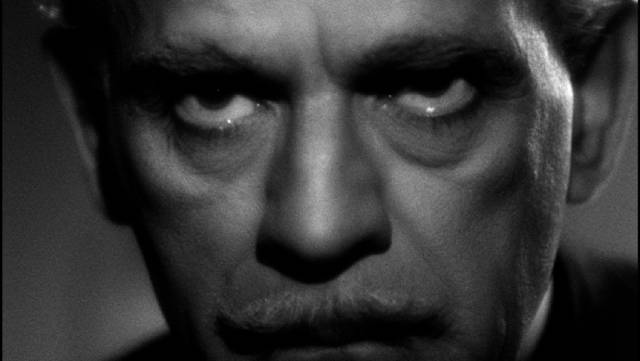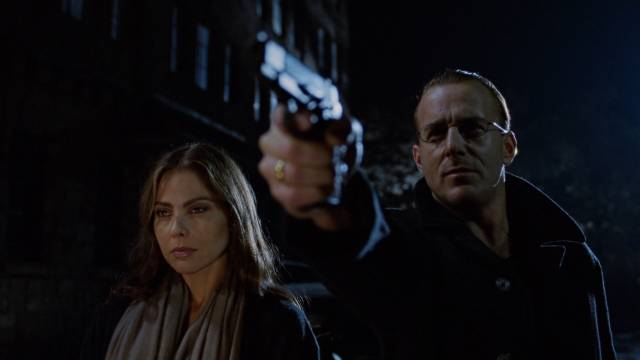
Criterion gives Pat Garrett and Billy the Kid (1973), Sam Peckinpah’s final, unfinished Western, stellar treatment in a two-disk Blu-ray set (also in a 4K UHD edition) with three different cuts plus extensive extras. The original theatrical release is presented alongside Peckinpah’s final preview cut and a more polished 50th Anniversary edit which restores and refines much of the material originally removed after the director walked away from the project.

